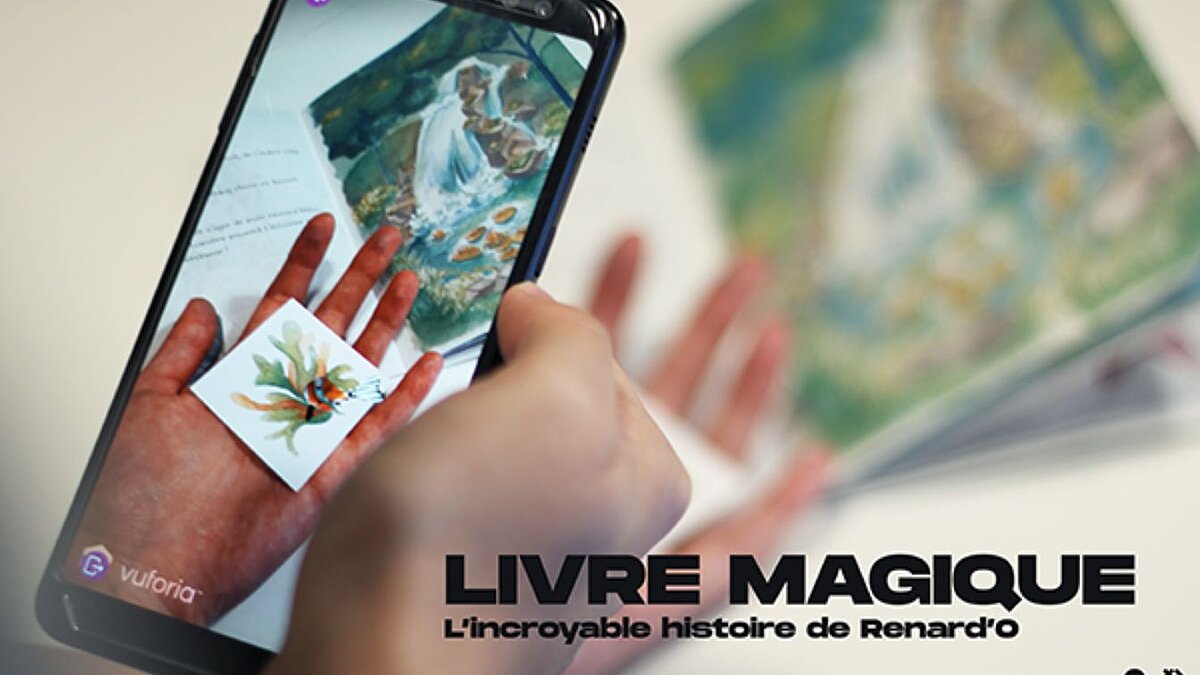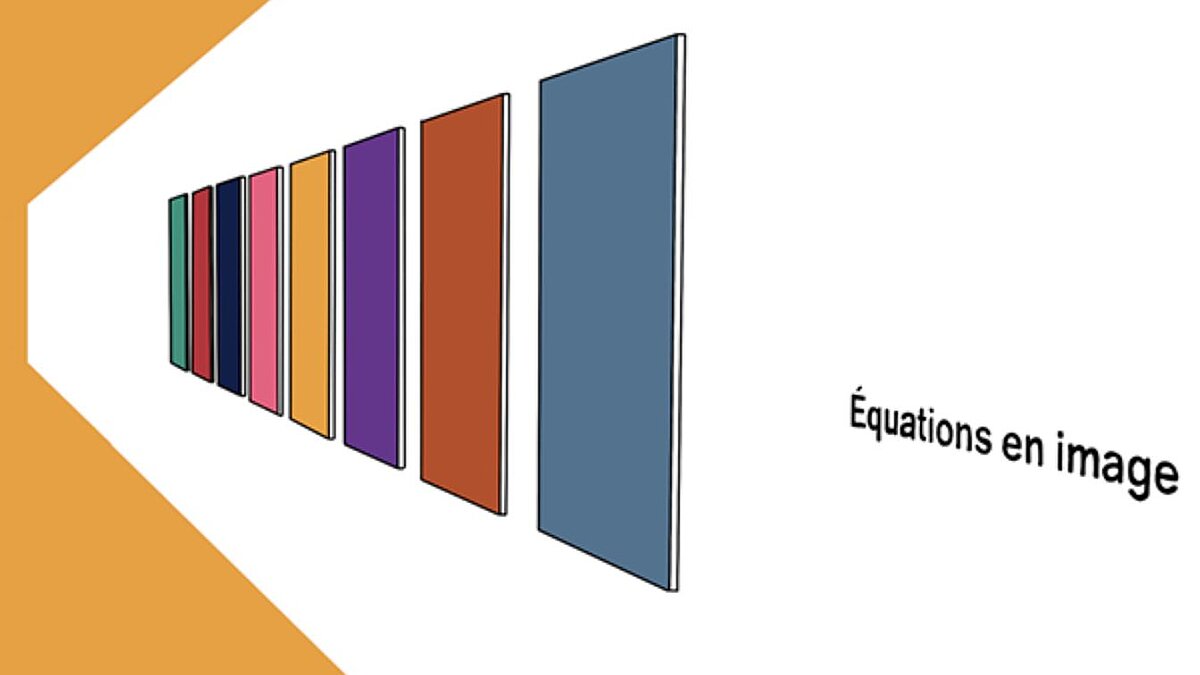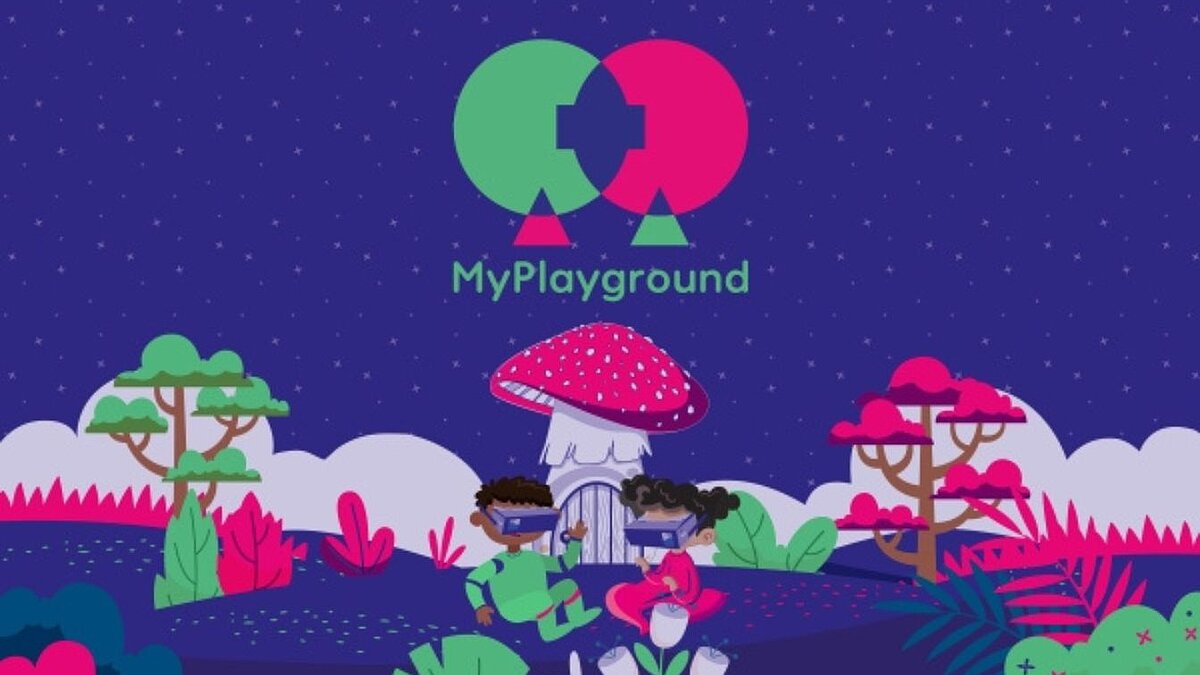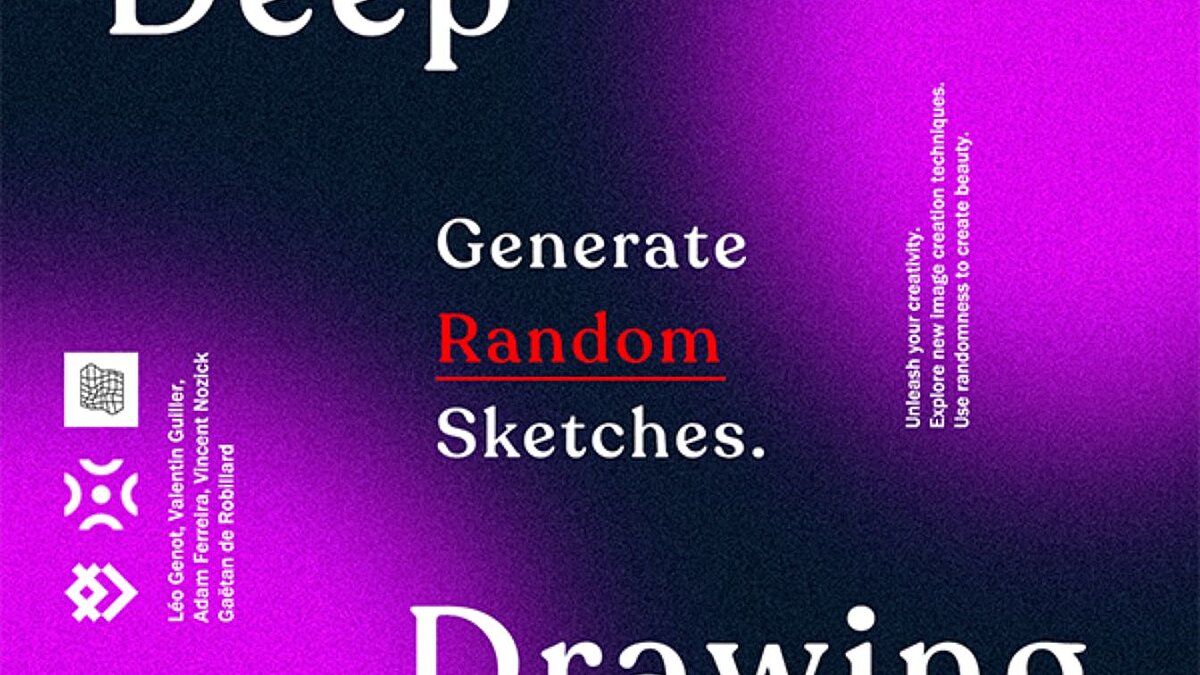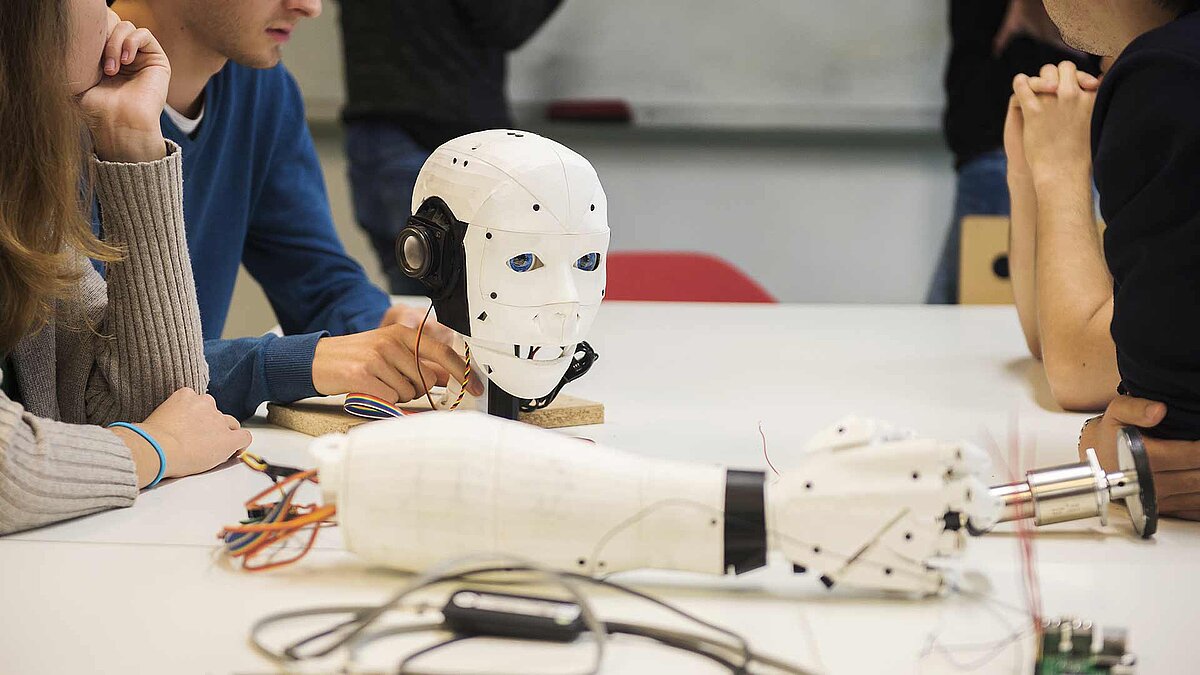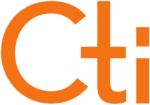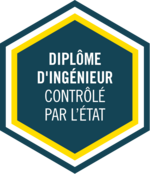
IMAC engineering course
Image - Multimedia - Audiovisual - Communication
Degree
Engineer
Type
Full-time
Duration
3 years
Graduation level
Bac +5 master's degree
Why become an engineer combining the arts and sciences?
Engineers who take this course can combine creativity with proven scientific skills. This course trains high-level professionals in the fields of video games and special effects, the web and audio-visual media.
What will I gain from this course?
Objectives
- To combine a creative spirit with scientific knowledge
- To provide a solid start in science and computing, while also developing artistic culture
- To provide training in audio-visual tools
- To be able to manage technical and artistic projects
Skills
- Programming and algorithmic skills/understanding
- Mathematics of video games and perspective
- Design, digital arts
- Audio-visual design
- Project management
Job prospects
Examples of practical applications
- 3D reconstruction software
- Augmented reality
- Video production
- Video games
- Web sites and applications
- Databases
Jobs / Functions
- Web Project Manager
- Web Developer
- Web consultant
- ‘Full stack’ programmer
- UX designer
- 3D developer
- Production manager
Sectors of activity
- IT, web
- Video games
- Multimedia, animation
- Communication, marketing, advertising
- Audio-visual, digital entertainment
- Teaching and research
Companies that have employed graduates from this course:
UbisoftSmileOcto Technology INAJunoTechnicolor (MPC, Mikros Image) Playapp...
Key figures
96 %
of the young graduates found their first job within 4 month after of graduating (promo 2023)
90 %
of our students even found a contract before the end of their training
43 400 €
is the average annual gross salary (France and International)
How is the course run?
Engineering and projects
Applications
Admission in the first year for Bac +2 students or in the 2nd year for Bac +3 students
Assessment based on portfolio and possibly an individual interview
What are the pre-requisites?
- The IMAC course recruits from bac+2 level upwards
- Have an interest in both the arts (graphic arts, cinema, music, digital arts, etc.) and the sciences (programming, mathematics, signal processing, etc.), without necessarily being a specialist in each of these fields.
Profils scientifiques
Classes préparatoires, BUT informatique, BUT MMI (anciennement SRC), licence maths et informatique, licence physique…
Artistic profiles
BTS visual communication, BTS audio-visual, degree in cinema, art schools, etc.
When should you apply?
1st admission session
Applications from 1st February 2025
Deadline for receipt of applications: 3 March 2024
2nd admission session
Deadline for receipt of applications: 6 April 2025
3rd admission session
Deadline for receipt of applications: 20 May 2025
4th admission session
Deadline for receipt of applications: 13 July 2025
How do I apply?
To apply, go to the Gustave Eiffel University platform, of which ESIEE Paris is a member school:
https://candidatures.univ-eiffel.fr/ecandidat/
- Create an account by entering your personal details and your academic background
- Validate your account via the link you will receive by email
- Browse the courses on offer: click on "courses on offer" in the menu on the left, select ESIEE Paris - Diplôme d'ingénieur en formation initiale IMAC and create your application file.
Documents required:
CV / Covering letter / Baccalaureate transcripts / Post-baccalaureate transcripts / Portfolio
Tuition fees
Tuition fees are at the rate set by the Ministry of Higher Education and Research, currently €601 plus CVEC.
That's what they say!

Erwann Lefevre, ESIEE Paris graduate (class of 2022), IMAC stream
Growth Manager at Juno
I'm a Growth Manager, which means that I'm responsible for finding new ways of acquiring customers, but also for improving their experience throughout the sales process. IMAC's great strength lies in its ability to teach us to evolve in situations that combine several different professions. Thanks to the teaching received in this course, we learn to react quickly and solve all kinds of problems. If I'm lucky enough to be in this job today, it's above all thanks to the multidisciplinary nature of IMAC. In one day, I have the opportunity to juggle different professions, from sales and marketing to development and design. It's the best training for multi-skilled jobs, especially in a world where new digital professions are constantly emerging.

